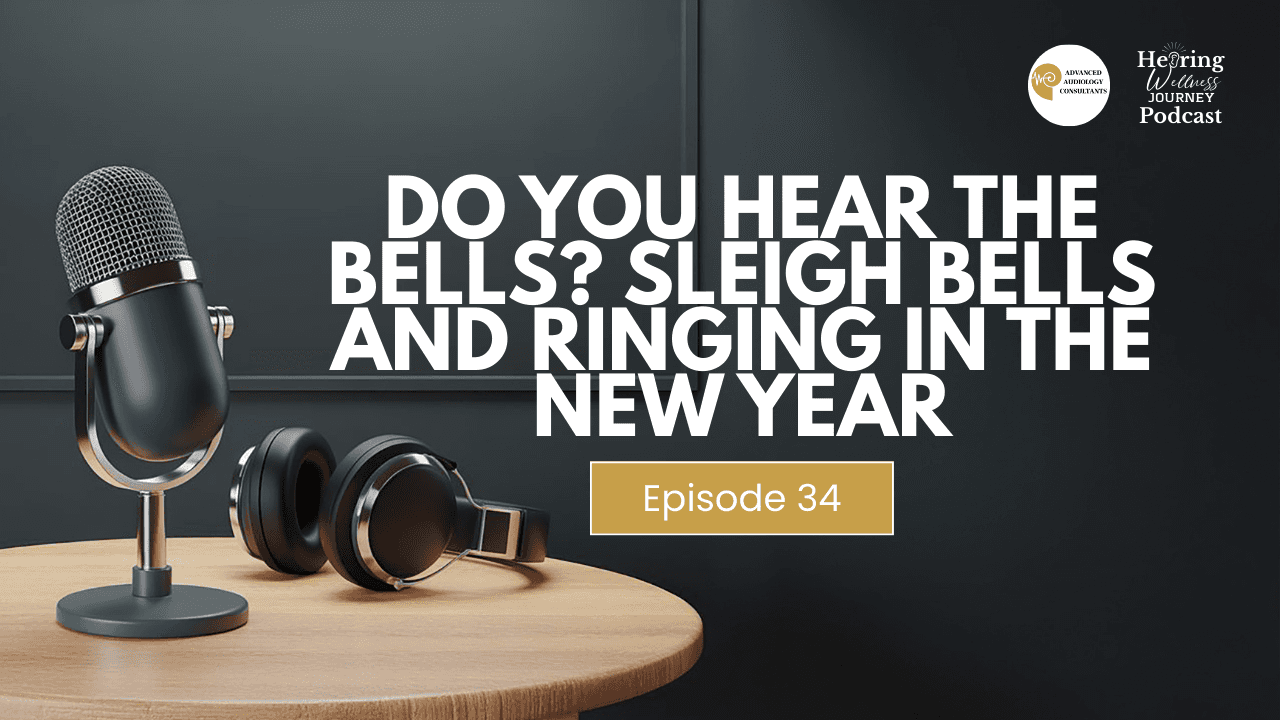Dawn Heiman, AuD
|
Feb 9, 2017
|
2 min read
Can Everyone Get the Smallest Hearing Aid? Maybe Not.
“Can I get the smallest hearing aid? I see it in advertisements everywhere.”
At least once a week, I meet someone new in my office who asks me this question. No doubt, it’s a great question!
Coping with hearing loss and admitting you have hearing loss is not easy, so, naturally, most people ask this question. Many people tell me about how difficult it was to come to my office and they would like to keep their hearing loss a secret.
Hearing aid advertising has been filling our mailboxes and newspapers lately. In the ads, it seems like everyone is getting that itty bitty microscopic hearing aid, right?
Wrong. And here’s why:
Your hearing loss may be too good (or too bad) for the smallest hearing aid.
Your type and degree of hearing loss may not allow you to get the smallest hearing aid. (Your audiologist will be able to tell you.) Also, you may not have large enough ear canals to support the electronics necessary for the instrument. Not surprisingly, the “completely in the canal hearing aids” are really small. If your ear canals tend to be on the small size, you may be counseled about bumping up the size a bit.
You may not like the fullness feeling.
A custom, deep in the canal instrument can plug up your ears. The hearing aids are made of a hard plastic and some people do not like the feeling this style of hearing aid creates, especially after wearing them for 12 hours a day.
Your ears may produce too much ear wax.
This style of hearing aid is constantly breaking down because of how deep the hearing aid needs to be. Ear wax can definitely be an issue with all hearing aids, but the smallest hearing aid may be more sensitive to excessive ear wax than the others.
Your ears tend to drain.
Some people have had multiple ear surgeries and this style of hearing aid may not be the most appropriate.
The batteries may be too small for you.
The smallest hearing aids usually require a battery change at least every 3-4 days, and if you have vision or dexterity issues, this can be a problem.
In my office, I try to counsel about the different styles of hearing aids and what would be best for each patient. I completely understand when someone asks for hearing instruments that are discrete. Usually, they are surprised to find out that the behind-the-ear styles are more discrete, less restrictive, give better sound quality, can be reprogrammed louder if the hearing changes. They are simply easier to handle as well.
If the advertisement you are reading seems too good to be true, it might be! Call us to find out what is the best option for you.

Dawn Heiman, AuD
Dr. Dawn Heiman is a licensed Illinois Audiologist. She is a Past President of the Academy of Doctors of Audiology (ADA). She is an Adjunct Professor in the Department of Communication Disorders and Sciences program within the College of Health Sciences at Rush University. Additionally, she is a member of the American Academy of Audiology (AAA) and the Illinois Academy of Audiology (ILAA).
Specializing in hearing aids, tinnitus, and central auditory processing disorders.
Popular Blogs

Dawn Heiman, AuD
|
Feb 9, 2017
What Does My Hearing Test Mean?
What does your hearing test actually mean once you leave the office? This episode visually breaks down audiograms, speech scores, and listening effort so your results finally make sense.
Read More

Dawn Heiman, AuD
|
Feb 9, 2017
Can Hearing Aids Be Reused and Refurbished or Is It A Risky Gamble?
Secondhand hearing aids can be a powerful gift or a costly mistake. Learn how audiologists safely evaluate, refurbish, and fit reused hearing aids.
Read More

Dawn Heiman, AuD
|
Feb 9, 2017
Do You Hear The Bells? Sleigh Bells and Ringing In The New Year
Holiday stress can make tinnitus and hearing challenges feel overwhelming. This episode shares practical, compassionate ways to manage ringing in the ears and stay present for the moments that matter.
Read More

Dawn Heiman, AuD
|
Feb 9, 2017
The Best Hearing Aids for Baby Boomers?
Discover the best hearing aids for baby boomers and why personalization matters more than brand names. Learn how audiologists match technology to your active lifestyle.
Read More


